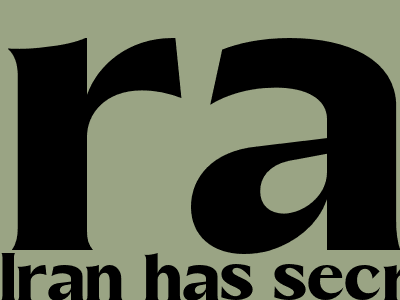
Rumor Has It: Iran’s Khamenei May Resign
Khamenei’s Health Declining, Power Vacuum on Horizon
A Look at the Potential Successors
Whisperings in the Middle Eastern political landscape suggest that Iran's Supreme Leader Ayatollah Ali Khamenei is planning to abdicate due to declining health. This development has sparked widespread speculation about who might succeed him and the potential power vacuum it could create within the Islamic Republic.
Khamenei, who is 83 and has been in power since 1989, has reportedly been suffering from prostate cancer for several years. While the Iranian government has denied these claims, rumors of his deteriorating health have persisted, fueling uncertainty about the future of the country's leadership.
Potential Successors
The Iranian constitution outlines specific procedures for selecting a new Supreme Leader in the event of Khamenei's resignation or death. The Assembly of Experts, an 86-member body of clerics elected by the public, is responsible for appointing the next leader.
Among the potential successors, several prominent names have emerged:
- Ebrahim Raisi, the current President of Iran, is seen as a strong contender backed by the conservative establishment.
- Mohammad Bagher Qalibaf, the Speaker of Parliament and former commander of the Revolutionary Guard, is another conservative candidate with a strong power base.
- Ali Larijani, a former Speaker of Parliament and former nuclear negotiator, is considered a more moderate candidate who could potentially bridge the divide between conservatives and reformers.
Implications for Iran and the Region
The transition to a new Supreme Leader in Iran is expected to have far-reaching implications both domestically and internationally. Internally, it could lead to a power struggle between different factions within the Iranian leadership, with the potential for instability and division.
Regionally, Iran's relations with its neighbors and the wider international community could be affected. A more conservative leader could lead to a hardening of Iran's stance on issues such as nuclear proliferation and regional conflicts, while a more moderate leader could potentially open up opportunities for dialogue and cooperation.
Uncertainty Reigns
As rumors about Khamenei's health and potential resignation continue to swirl, the future of Iran's leadership remains uncertain. The eventual outcome will depend on a complex interplay of political maneuvering, power dynamics, and the delicate balance of power within the Iranian regime. Only time will tell what lies ahead for the Islamic Republic and the wider Middle East.